September is Women in Medicine Month
As a healthtech company focused on enhancing the prior authorization experience for both providers and patients, Cohere is proud to have so many physicians involved in so many different parts of our business. Since September is Women in Medicine Month, we wanted to interview two of our physicians! Dr. Traci Granston, Medical Director of Clinical Strategy for Musculoskeletal, and Dr. Mary Krebs, Associate Medical Director at Cohere Health, answered a few questions about how they got into medicine, what it’s like being a physician, and why they were drawn to work at Cohere.
Celebrating Women in Medicine Month with Dr. Granston & Dr. Krebs
Early interests and career beginnings
Q: Why Did You Decide to Become a Doctor?
Dr. Granston: Not a lot of people would know this, but growing up in Seattle, WA, I competed in figure skating until age eleven. If you had asked me then what I wanted to be when I grew up, I would have answered a professional figure skater. But as I got older, that interest developed into sports-related injuries and how to restore patients back to their level of function. Orthopedic surgery was a great choice for me, although there were very few women in that field at the time.
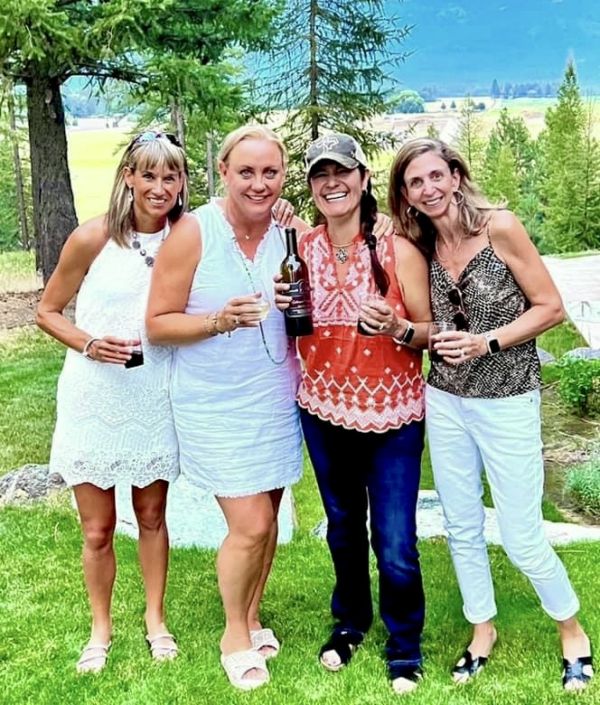
I still hang out with my best friends from medical school and residency. Here I am (from left to right) with Dr. Michelle Chamberlain (Pediatrician in Salt Lake City, UT), Dr. Carmelita Teeter (Orthopedic Surgeon in Dallas, TX), and Dr. Maria Aaron (Opthalmologist in Atlanta, GA).
Dr. Krebs: I have always wanted to be a doctor. I have four siblings, and three are younger. My mom used to give me M&Ms to use as “medicine”—I was bribing my younger siblings to play doctor with me! I’ve always wanted to help people, and I love how being a physician lets me use both science and problem-solving to do just that. The patient-physician relationship is magical, and there is an incredible feeling when you see a patient living a better life from something you’ve done.
Female mentorship in medicine
Q: Who Influenced Your Career Most?
Dr. Granston: My mother. She always believed in me, and always said I could be anything I wanted to be. She believed in dreaming big, not letting obstacles stand in your way, and going after your dreams no matter how difficult they seemed.
Dr. Krebs: My parents instilled in me the message that I can do anything I set my mind to. My dad showed my siblings and me different career paths and encouraged us to shadow people in different fields.
Q: How Do you Mentor Others?
Dr. Granston: I am part of the Ruth Jackson Orthopedic Society, where I mentor young female physicians in Orthopedic residency training. I also mentor my staff in my practice, encouraging them to pursue their interests and advance their careers. One of my former medical assistants is actually just starting her new career as a surgical technician. She told me that my belief and encouragement was one of the main reasons that she had the confidence to go back to school.
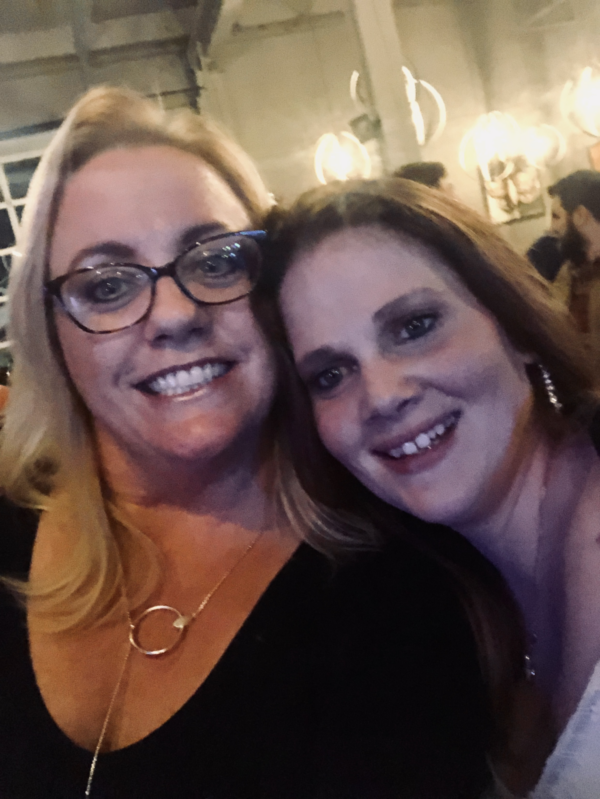
Here’s a picture of my former medical assistant and me. She’s now a surgical assistant!
Dr. Krebs: I love teaching medical students and residents! I’ve taught medical students and residents throughout my career, and I love to see my mentees grow and improve the world. I was thrilled to see one of them recently while we were both serving as delegates at the American Medical Association’s annual meeting.
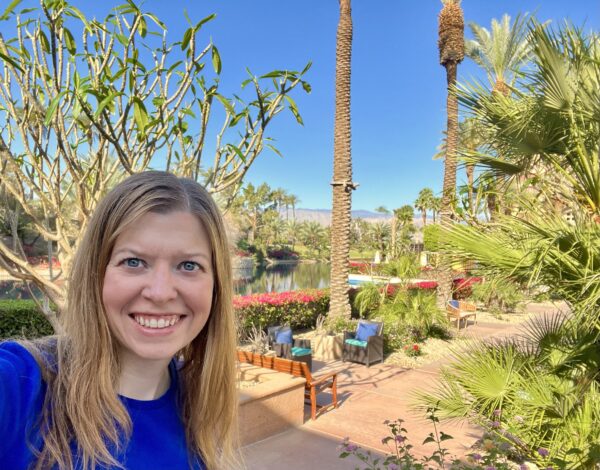
This picture is from the AAFP Physician Health and Wellbeing Conference, where I presented.
A day in the life of a woman in medicine
Q: What Are You Doing When You’re Not at Work?
Dr. Granston: I try to exercise consistently and enjoy running, hiking, Peloton and Orange Theory classes. I will be running the New York marathon in November with my daughter. I also love the snow! I am an avid skier, both downhill and cross country, and in the winter, I enjoy ice skating outdoors. I am a long time football fan (UW Huskies) and my son played Division 1 football in college. Hockey is new to Seattle, and as a figure skater I am thrilled, go Kraken!!
Dr. Krebs: I love traveling, and I have been to all 50 states. I enjoy playing musical bingo, dancing, and karaoke (Weird Al Yankovic songs are my specialty). I also write music and play the guitar. I’m a big football fan (go Buckeyes!) and enjoy playing volleyball, flag football, and biking. I have nine nieces and nephews that live close by that I get to see frequently. I love spending time with my family and friends.
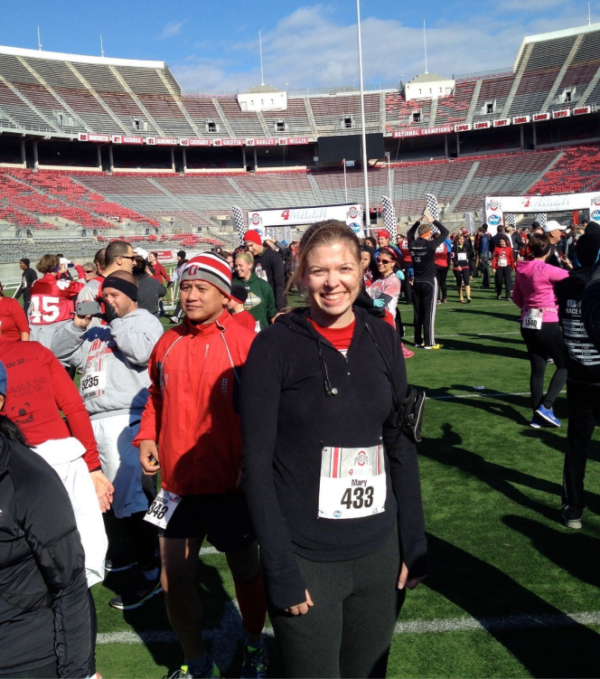
I also love running! Here’s me after a race.
Q: What Advice Do You Wish People Would Stop Giving Women In Medicine?
Dr. Granston: That women cannot be a successful physician and a mother. Many believe it is one or the other, but that is not true. I am a surgeon and a mother. When I was in medical school, I was told I should not go into orthopedic surgery because I was a woman; I was advised to become a pediatrician.
Dr. Krebs: I wish people would stop discouraging women (and men) from entering primary care. In medical school, I was discouraged from becoming a family physician because I was “too smart for primary care.” More family physicians per capita is correlated with lower costs and longer life expectancy. We handle anything that comes our way, from any age.
We also build relationships that last decades. Since my first position out of residency was a mile from my high school, I saw former teachers, classmates, and their parents. It was fulfilling to serve the community that I had grown up in.
Cohere Health: A physician’s perspective
Dr. Granston: I believe Cohere Health has the right vision to change healthcare. Cohere is putting what is best for patients first, and that is very important to me as a physician. It is increasingly difficult for patients to navigate healthcare and Cohere is simplifying that. Cohere believes in the right treatment at the right time with the right provider. We are working towards this goal with many strategic programs aimed at identifying quality providers, comprehensive episodic authorizations (to avoid needing multiple prior authorizations), and improving our care paths for easier navigation to nudge towards the best care for the patient.
Dr. Krebs: I was inspired and excited by our mission. Physicians often have to fight to get patients the care they need. Cohere believes physicians are doing the right thing for their patients, and asks how can we help them do that. I wanted to be a part of that.
During my interviews, I said I hate the phrase, “We can’t do that because that’s not the way we have always done it.” I was told that I wouldn’t hear that at Cohere. In my three years here, I have never heard that phrase. Also, my coworkers are some of the smartest, kindest, most interesting people I know. My favorite professor in medical school used to say, “We all have different partial knowledge,” and that fits Cohere perfectly.
About the authors:
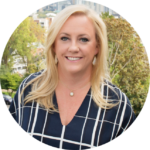 Traci Granston, MD, EMBA, FAAOS
Traci Granston, MD, EMBA, FAAOS
Currently, Dr. Granston serves as the Medical Director of Clinical Strategy for Musculoskeletal. Dr. Granston is an orthopedic surgeon based in Washington who specializes in hand surgery and practices at Proliance Orthopedic Surgeons. She attended medical school at Vanderbilt University. She completed her residency in Orthopedic Surgery at Case Western Reserve University School of Medicine and a Hand and Microvascular Fellowship at University of Washington School of Medicine. Dr. Granston earned her executive M.B.A. from the University of Washington Foster School of Business. She also serves on the campaign cabinet at Vanderbilt University School of Medicine dedicated to raising capital for students who may struggle with affording tuition.
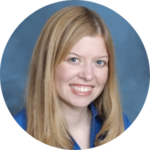 Mary Krebs, MD, FAAFP
Mary Krebs, MD, FAAFP
Dr. Krebs serves as Associate Medical Director at Cohere Health. She earned her medical degree from the Ohio State University College of Medicine in Columbus and completed a family medicine residency at Miami Valley Hospital in Dayton, Ohio. She also teaches residents and medical students at a family medicine residency program. Previously, Dr. Krebs was in solo practice at a rural federally-qualified health center and co-ran Family Practice Associates, an independent rural practice.

